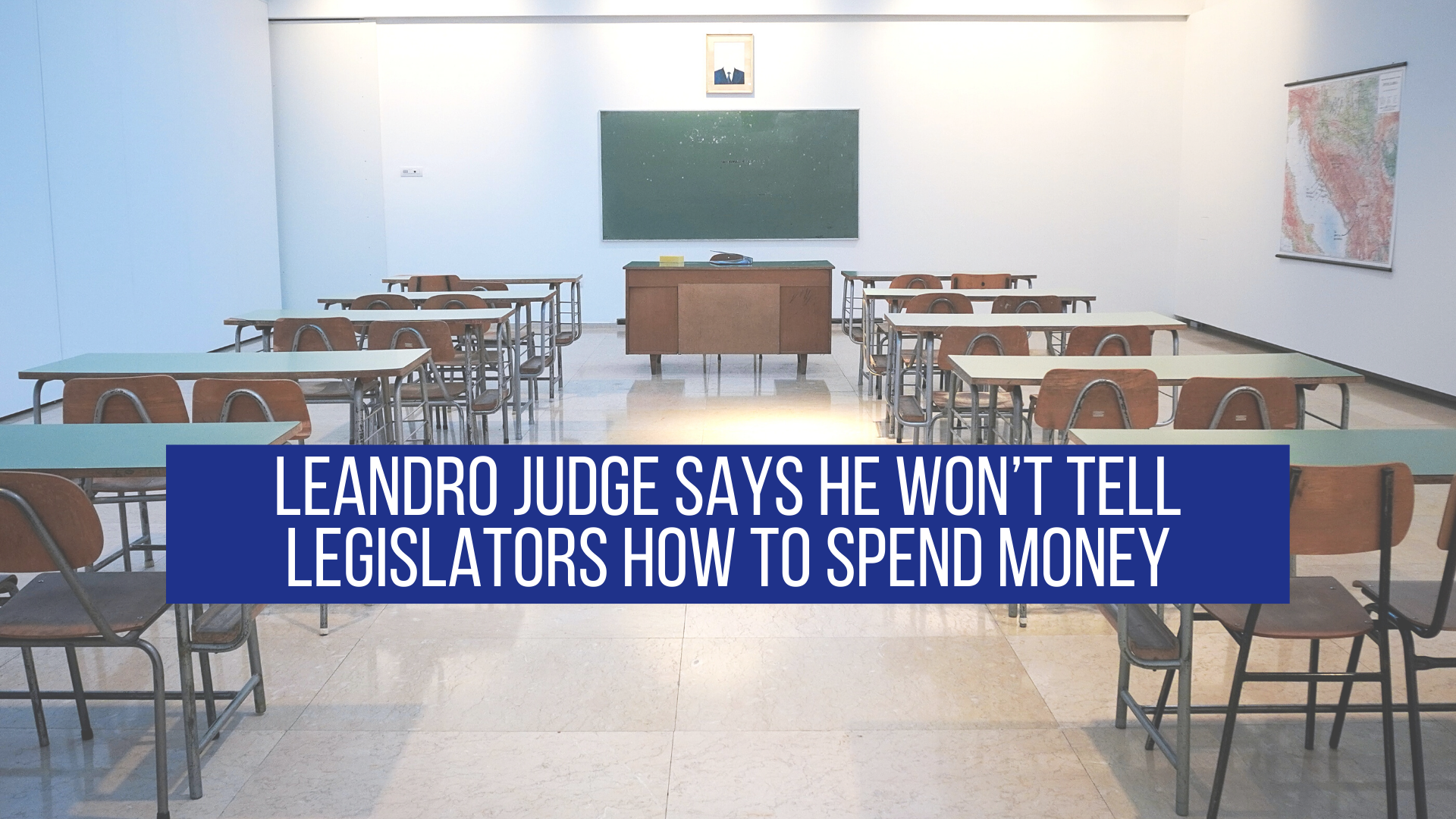Leandro judge says he won’t tell legislators how to spend money
By David Bass
Carolina Journal News Service
RALEIGH — N.C. Superior Court Judge David Lee, the presiding jurist in the decades-long Leandro lawsuit, said at a hearing Tuesday, April 13 that he won’t tell lawmakers how to spend money on public education.
“I want this to be a cooperative effort with everyone having the same goal in mind,” said Lee. “I don’t know why you would not have that goal in mind, which is to educate these children and give them a sound, basic education so that everyone will have a better tomorrow.”
The comments are the latest chapter in the ongoing Leandro saga that dates back to 1994. The N.C. Supreme Court has ruled twice since then — in 1997 and again in 2004 — that the state has a constitutional obligation to provide a “sound, basic education” to all students.
In March, defendants in the case — the state of North Carolina plus the N.C. State Board of Education — submitted a document called the Comprehensive Remedial Plan to Judge Lee. The plan was mandated in consent orders Lee issued in January 2020 and September.
The Comprehensive Remedial Plan draws from a more than 300-page-report from WestEd. In 2017, the parties agreed to hire an outside consultant to draft recommendations for how the state could meet the Leandro mandate. They selected WestEd, which delivered a report to Lee in July 2019 that recommended $8 billion over eight years on public schools. It also draws on recommendations from Gov. Roy Cooper’s Commission on Access to Sound Basic Education.
By law, the General Assembly is the governing body with the sole authority to allocate funds.
“The plaintiffs in the hearing made it very clear how disappointed they were that Judge Lee wasn’t going to issue an order that would try to compel the General Assembly to spend the money,” said Dr. Terry Stoops, director of the Center for Effective Education at the John Locke Foundation. “They have really alienated in a lot of ways the members of the General Assembly. So, it’s going to be difficult for the plaintiffs to be able to go now to the General Assembly and try to establish an amicable and workable relationship.”
Stoops said he believes lawmakers will take the contents of the remedial plan seriously, and that elements of the plan the General Assembly had already planned to do, such as increasing teacher pay.
“To say that the General Assembly is totally opposed to the comprehensive report is a mistake. They just don’t want to be told how to spend the money. And they obviously have their own set of priorities that they’re well within their rights to include in a budget or in legislation,” Stoops said.



